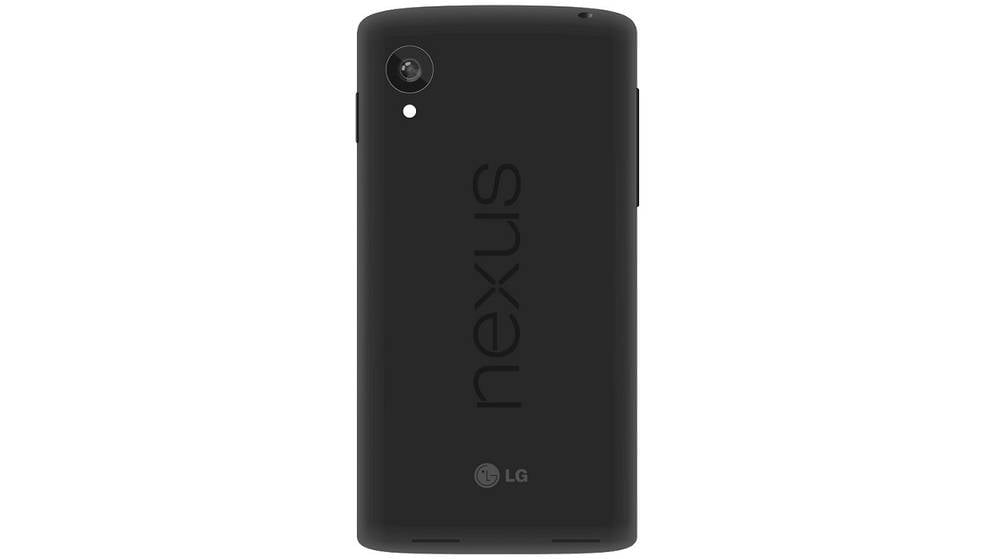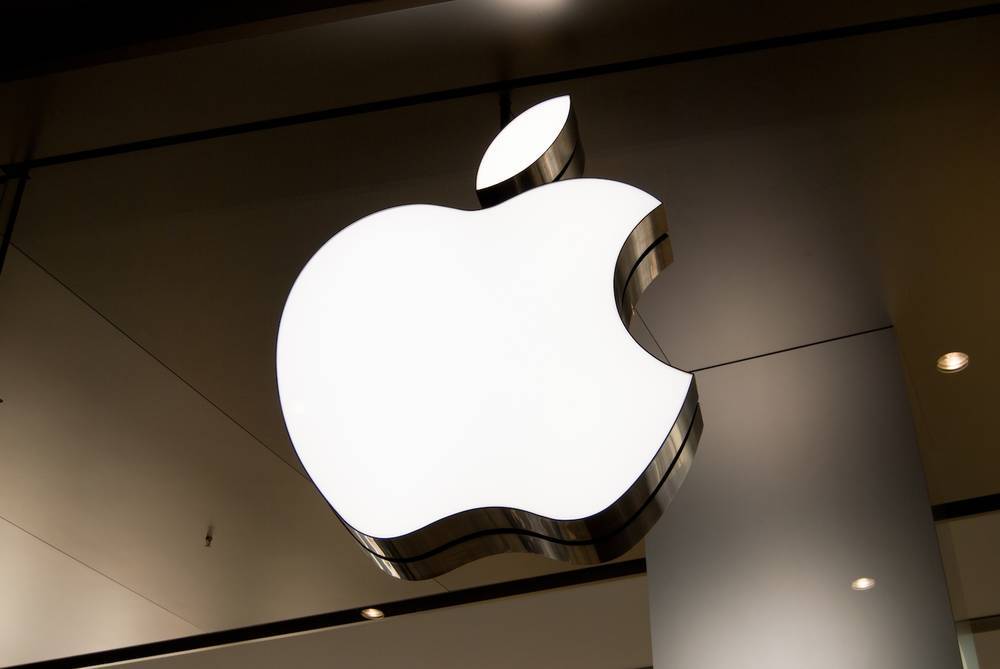earable and smartphone apps can help people to make healthy choices. In the dynamic field of Mobile Health, (mHealth), new specialized applications are being developed to inspire us to be more active and more involved in the maintenance of our own health.
Personal health and medical apps enable patients and clinicians to exchange information in order to create supremely personalized healthcare strategies.
How it Works
Since the release if the innovative Apple Watch, the idea of wearable tech has moved ever closer to our lives. By incorporating sensors data and real-world references via the Internet, these items have the potential to become like automated life partners in our day to day activities. Since releasing the Apple Watch, Apple has become a major player in mobile healthcare app development.
By utilizing the onboard sensors in a smart device, or by connecting new types of sensors- the user’s movement, location, direction of travel, proximity to other digital or known devices, and bodily functions can be measured.
Using this data, an application can respond to cues that a person is about to make an unhealthy choice. The app will offer a reminder that this choice may not be the best. Wearable biomarker detection is very useful for sufferers of diabetes for example as tracking certain bodily changes can be lifesaving. Conversely, the application may keep track of bodily functions and kinetic data in order to offer fitness prompts to the user.
The idea is that Healthcare Apps will make it easier for users to manage their daily habits in order to craft an overall healthier lifestyle. These devices may also be linked to social support networks for on-the-fly comparison to others with similar goals.
How it Can Help
The number of possible healthcare apps is many, but here are three of the most common uses for which wearable tech has already had an enormous impact on the health of those who use it.
- Weight Management: Those who incorporate wearable tech into their daily lives are expected to have more success achieving weight loss. Wearable technology has been shown to have a terrific impact in helping people to be more aware of their dietary habits and their activity level. They can become part of online communities with people who have similar goals to use for support, comparison, and even healthy competition.
- Physical Activity: Studies have shown that many people can improve their health by simply getting up out of their office chair once an hour. This breaks up the sedentary streak which is associated with many health risks.
- Quitting Smoking: Wearable tech can go even further by tracking proximity to environmental triggers which may prompt smoking behaviors. A device may, for example, sense that the user is nearing a favorite tobacco store or another location where the user is likely to light up and smoke. It is expected that soon devices may be available which can detect the presence of cigarette smoke.
These are just the most mundane examples. Specialized devices will be able to help diabetics to monitor their blood/glucose levels, aid persons with heart conditions to stay within safe, healthy boundaries, monitor warning signs for those who suffer from seizures, and much more.
Healthcare meets Mobile Computing
This technology represents an opportunity not only for users to improve their daily health independently but also for healthcare professionals to engage with their patients who are in at-home care management. Using these emerging sensor technologies, non-intrusive medical monitoring can enable patients and clinicians to work together in a much more responsive way the needs of the patient.
There is no doubt that this will be a massive boon to the well-being of the infirm, the elderly, and those recovering from injuries.
Source
http://www.sciencedaily.com/releases/2015/08/150813171201.htm
http://www.verizonwireless.com/news/article/2015/05/how-wearable-tech-will-change-the-way-you-stay-healthy.html
http://www.forbes.com/sites/​robertglatter/2014/11/20/wearable-technology-and-digital-healthcare-strategies-should-shift-focus-to-chronic-medical-illness/




